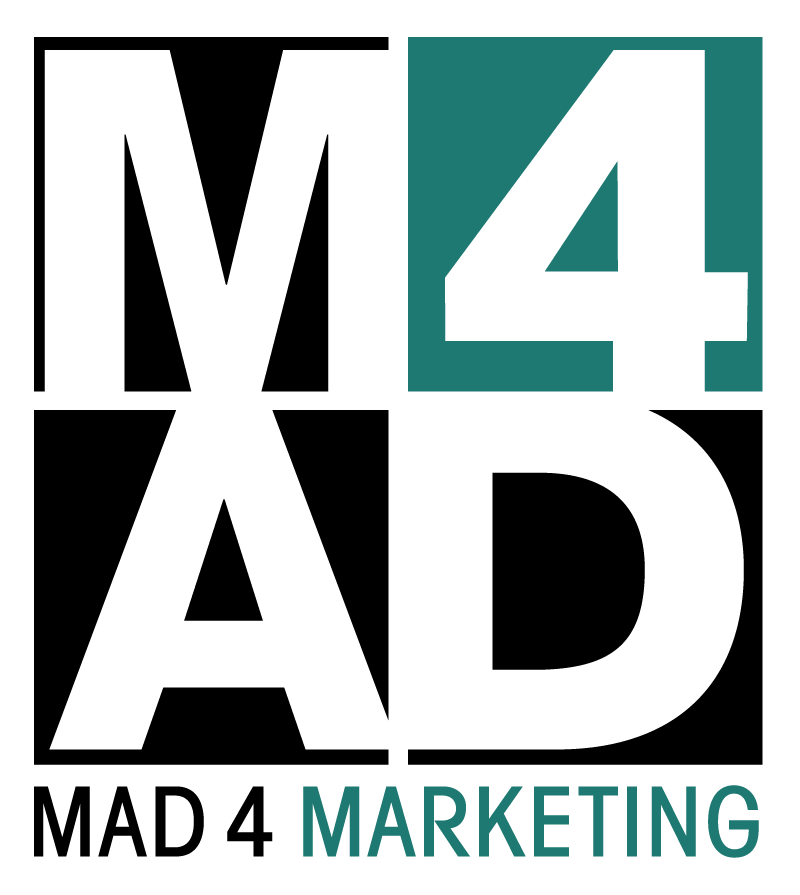Mad 4 Marketing is a South Florida advertising agency based in Fort Lauderdale, and our own neck of the woods recently provided a great example of the power of social media. Right on the waterfront at the Ft. Lauderdale Beach, there’s a popular local hangout called Dirty Blondes Sports Bar. Over the weekend, there was a fight at the establishment that allegedly involved bouncers attacking two men on the sidewalk outside. Someone, of course, caught the altercation on camera and posted it online. The video quickly went viral on Instagram, a testament to how share-able a niche local story can be if it’s disseminated in the right circles. As the story blew up, the press also picked it up.
In addition to that, a Facebook page to boycott Dirty Blondes was hastily created, and by yesterday afternoon, there were already 2,500 “likes.” That number only continues to grow as word of mouth goes around and the story continues to develop (the Fort Lauderdale Police Department is now investigating the incident).
All of that only goes to show the true strength of a strong social media campaign. But there’s also a flip side to that. It could be your brand that’s on the receiving end of that increasing amount of negative press. Thus far, Dirty Blondes has released a statement to its customers and taken down its own Facebook page in order to curb an onslaught of negative feedback.
How else can a company come back from a vitriolic viral attack? Here are a few tactics that can go a long way toward repairing your reputation and counteracting a slur campaign:
1. Show restraint. Often, the first response that a business has to negative press is to become defensive and leap into the midst of a fight. But the truth is, there is no fight if there aren’t two sides opposing each other. By refusing to wade into the discourse, there is the possibility that you can rise above it and wait for the worst to blow over, while sticking with the facts and focusing your energies on real solutions. Dirty Blondes showed restraint and a refusal to get, well, dirty, by taking down its Facebook page and staying above the fray for the time being.
2. Take accountability. The first thing to figure out is if there is any truth to the accusations and what can be done about them. Instead of complete denial of any wrong-doing, a business can earn respect from its lost or wavering clientele by owning up to the things that were, indeed, the company’s fault. This “mea culpa” should be released in the form of a press statement, much like the one Dirty Blondes initially put out calling the fight an “isolated incident,” although a further statement of apology and information would likely go a long way — especially if it outlines the steps that the bar plans to take in order to rectify the situation and be sure that it never happens again. A public relations professional should handle any and all statements issued between the establishment and the public or the press.
3. Earn goodwill. Another thing that’s important to do after all of the ruckus has died down is to acknowledge that you may be in a position of weakness with your customers or clients — then, make an initiative that will reinstate mutual goodwill. In the case of Dirty Blondes, for example, one idea may be to host a Customer Appreciation Night and reach out to the community saying that they’re ready to move forward and do what it takes to make reparations. Be sincere and be prepared to implement progressive steps to amend the original issue at hand.
4. Remember: No press is bad press. Use this as a learning opportunity, and then use the widespread word-of-mouth surrounding the negativity to your best advantage as you are rebuilding your brand’s reputation. Ultimately, in due time, Dirty Blondes may be able to make an official post on the boycott page about how it would like to make amends with the community there, and in fact hopefully retain some of those thousands — an accessible and retentive audience of past and future purveyors — as paying, loyal customers once again.
5. Be patient. Repairing a reputation does take time, which is a hard pill to swallow when it seems like bad rumors are spreading through social media like wildfire. But careful planning and diligent counteractions to balance out negative press are the only way to come out of a bad publicity situation with an even stronger brand image.
